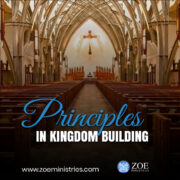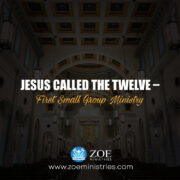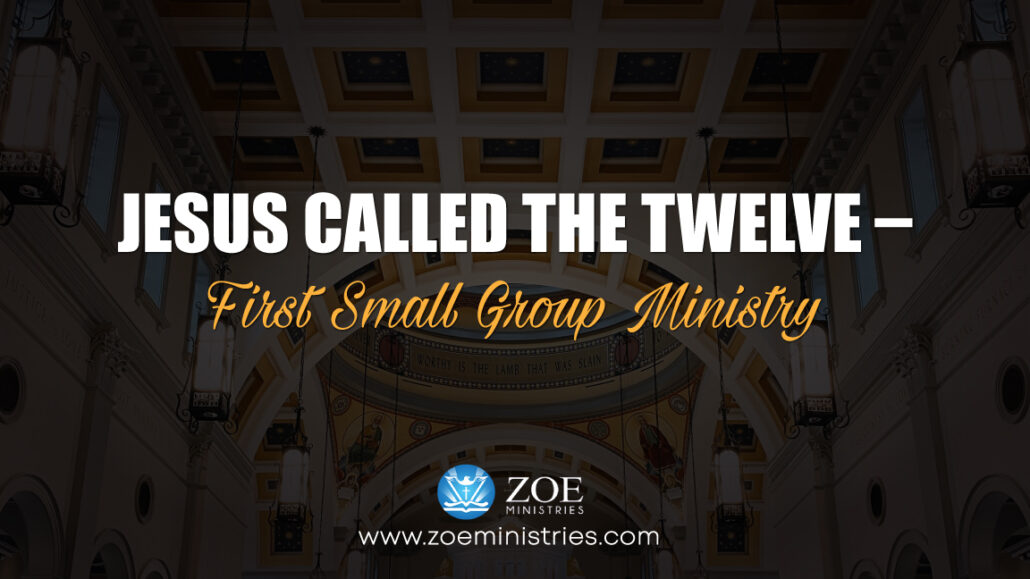The Career Mandate
Each one of us has a career mandate
You have a career mandate. Did you know that? Let me guide you through Scripture to show you what this mandate is about. First, let us start with the most obvious. Is there a difference between a human being and an animal?
No matter how “human” an animal looks like, they won’t be able to write this book, not in a million years. Our intelligence, creative capacities, and dynamic nature set us apart from animals.
No other creature has these debates because we are worlds apart from the nearest looking human being in terms of intellect and creative capacity. This is what the bible calls the image and the likeness of God. The Bible tells us that we were created in the image and likeness of God. We are God-like beings.
Some passages will call you a God because you are His offspring. Your spirit came from Him. Your body was made from the dust. According to Scripture, although your body was made from dust, it was only through God breathing into Adam’s nostril that man became a living soul.
Image & Likeness
It’s not our nose that makes us like God. It’s not our hair. It is our unlimited creative capacity. Our creativity makes us unlike anything else in the world.
The first chapter of the first book in the Bible opens with this, “In the beginning, God created….” How does God introduce Himself to us? At work. What clothes was God wearing when He introduced Himself to us? Working clothes. He is working on a plan to materialize His own idea in six days, representing stages.
How do you represent yourself?
God has introduced Himself to you. Let’s focus on that. The opening chapter of Genesis is like God saying, “This is my introduction. This is how I want you to think of me.”
When you introduce yourself, you’re telling someone how to think of you. “I’m introducing myself to you in work clothes.” He’s Almighty. He does not have to spend six days on anything. He could say, “That’s all there.”
But He did that for us. He did that so that it could make sense to us. God was doing something foundational for us. God created the world and everything in it to show us something. It is like God saying, “No, we’re going to stage this out. We’ve got a plan. First things first. We will do what we have got to do in the first stage, then we review the first stage, and God saw everything he did and said, ‘It is good. Okay, now the first stage is good. We can move to the second stage.’”
Your weekly dose of prophetic wisdom and anointing awaits you. Join our LIVE Conference Call!
1) Call 515-604-9266
2) Go to startmeeting.com, and use the login: BishopJordan























